I'm in the process of upgrading and I'm facing issues because ArrayController is being deprecated.
In my old Ember 1.13 route I'm using
model/announcement.js
export default DS.Model.extend( {
id:DS.attr('string'),
title: DS.attr( 'string' ),
description: DS.attr( 'string' ),
published: DS.attr( 'boolean' ),
publishedAt: DS.attr( 'date' ),
course: DS.belongsTo( 'course' ),
author: DS.belongsTo( 'profile', { async: true } ),
viewed: false,
isNew: true,
}
serializer/announcement.js
import DS from 'ember-data';
import ApplicationSerializer from 'mim/serializers/application';
export default ApplicationSerializer.extend( DS.EmbeddedRecordsMixin, {
keyForRelationship: function( key ) {
return key !== 'author' ? key : 'id';
}
} );
routes/announcement.js
setupController: function( controller, model ) {
this._super( ...arguments );
var announcements = Ember.ArrayController.create( {
model: model,
sortProperties: [ 'publishedAt' ],
sortAscending: false
} );
controller.set( 'model', announcements );
},
In the controller of the route announcement, follows:
controller/announcement.js
publishedAnnouncements: Ember.computed( 'model.[]', 'model.@each.published', 'model.@each.viewed', function() {
var published = this.get( 'model' ).filterBy( 'published', true ),
announcements = Ember.A();
announcements.pushObjects( published.filterBy( 'viewed', false ) );
announcements.pushObjects( published.filterBy( 'viewed' ) );
return announcements;
} ),
so in the template im running a for each loop to render all announcements like
templates/announcements.hbs
{{#each publishedAnnouncements as |announcement|}}
{{announcement.author.firstName}}
{{/each}}
After the ember upgrade 3.5 I have changed these to the following:
model/announcement.js
export default DS.Model.extend( {
id:DS.attr('string'),
title: DS.attr( 'string' ),
description: DS.attr( 'string' ),
published: DS.attr( 'boolean' ),
publishedAt: DS.attr( 'date' ),
course: DS.belongsTo( 'course' ),
// remove async true from profile
author: DS.belongsTo( 'profile'),
viewed: false,
isNew: true,
}
serializer/announcement.js
import DS from 'ember-data';
import ApplicationSerializer from 'mim/serializers/application';
export default ApplicationSerializer.extend( DS.EmbeddedRecordsMixin, {
keyForRelationship: function( key ) {
return key !== 'author' ? key : 'id';
}
} );
routes/announcement.js
setupController: function( controller, model ) {
this._super( ...arguments );
//removed arrayController from here and assigned model
controller.set( 'model', model );
},
controller/announcement.js
sortProperties: ['publishedAt:desc'], sortedModel: computed.sort('model', 'sortProperties'),
publishedAnnouncements: Ember.computed( 'model.[]', 'model.@each.published', 'model.@each.viewed', function() {
//getting model by local computed property defined above.arrayController sort is doing with above method by sortPropteries
var published =this.get('sortedModel').filterBy( 'published', true);
announcements = Ember.A();
announcements.pushObjects( published.filterBy( 'viewed', false ) );
announcements.pushObjects( published.filterBy( 'viewed' ) );
return announcements;
} ),
templates/announcements.hbs
{{#each publishedAnnouncements as |announcement|}}
{{announcement.author.firstName}}
{{/each}}
Then the announcement.author.firstname is undefined in ember 3.5
but if it is not a belongsTo relationship it will be there (example announcement.publishedAt)
I have no clue what I missed or what I did wrong here.
I am attaching a screenshot here of a console log which I did in the controller published variable.
Ember 1.13
your answers make me better understand the problem. the api returns a custom version of data thats why embeddedRecordsMixin used this is the api payload for course
{
"courses": [{
"created_at": "2016-11-22T09:37:53+00:00",
"updated_at": "2016-11-22T09:37:53+00:00",
"students": ["01", "02"],
"coordinators": ["001", "002"],
"programme_id": 1,
"announcements": [{
"created_at": "2016-11-23T08:27:31+00:00",
"updated_at": "2016-11-23T08:27:31+00:00",
"course_id": 099,
"id": 33,
"title": "test announcement",
"description": "please ignore",
"published_at": "2016-11-23T08:27:31+00:00",
"published": true
}, {
"created_at": "2016-11-25T07:13:18+00:00",
"updated_at": "2016-11-25T07:13:18+00:00",
"course_id": 04,
"id": 22,
"title": "test before ",
"description": "test",
"published_at": "2016-11-25T07:13:18+00:00",
"published": true
}]
}

